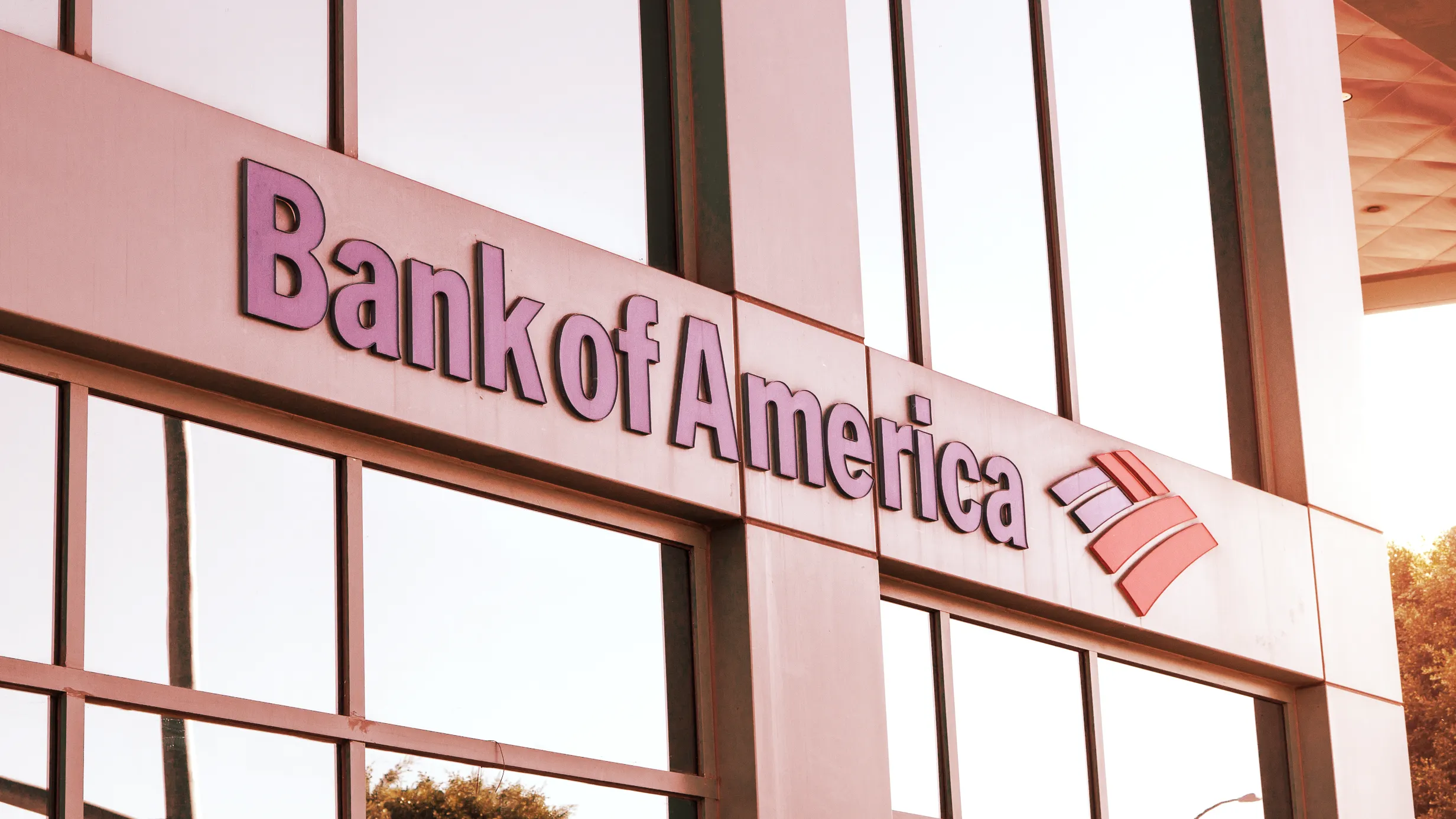We do the research, you get the alpha!
Ethereum’s long-awaited upgrade this week may drive institutional adoption, researchers for Bank of America said on Friday. In a research note, the second-largest bank in the U.S. claimed the ability for Ethereum users to stake (i.e. pledge assets to the network) could increase interest for big investors.
The second biggest cryptocurrency by market cap, Ethereum, is expected to complete its upgrade this week. Known as “the merge,” the upgrade will move Ethereum from a proof-of-work blockchain to a proof-of-stake one.
This will get rid of miners and instead use validators—people who “stake” Ethereum to keep the network secure and running. The upgrade is expected to make Ethereum “99% more energy efficient,” according to the Ethereum Foundation. And researchers for Bank of America say this may drive interest from institutions.
“The significant reduction in energy consumption post-Merge may enable some institutional investors to purchase the token that were previously prohibited from purchasing tokens that run on blockchains leveraging proof of work (PoW) consensus mechanisms,” wrote Bank of America analysts Alkesh Shah and Andrew Moss in Friday’s note.
The two added that staking Ethereum and generating “a higher-quality yield (lower credit and liquidity risk) as a validator”—as opposed to "on black-box lending/borrowing applications"—could also drive institutional adoption. In other words, institutional investors are far more likely to participate in Ethereum staking to generate yield than to seek returns by lending and borrowing Ethereum-based assets on risky DeFi apps.
Ethereum’s upgrade to proof of stake is expected to make the blockchain greener than proof-of-work cryptocurrencies, like Bitcoin—which is often criticized for the amount of energy it uses.
Bitcoin (and Ethereum at the moment) uses proof-of-work mining to keep the network secure. This system requires miners with powerful computers to solve complex mathematical puzzles in order to process transactions. And because lots of power is needed, so is a lot of electricity—meaning it is a highly energy-intensive business.
But while this week's upgrade will make Ethereum greener, it will not immediately make it faster or cheaper to use. Rather, future upgrades to the network, after the merge, are expected to decrease its often sky-high gas fees.
Bank of America acknowledged this and said this may affect the cryptocurrency’s price this year. “ETH's significant price appreciation from mid-July through mid-August may continue to fade as investors digest that Ethereum's seemingly imminent transition to proof of stake (PoS) will not address scalability concerns or high transaction fees and shift to a wait-and-see approach regarding future upgrades,” the bank said.
Disclaimer
The views and opinions expressed by the author are for informational purposes only and do not constitute financial, investment, or other advice.





